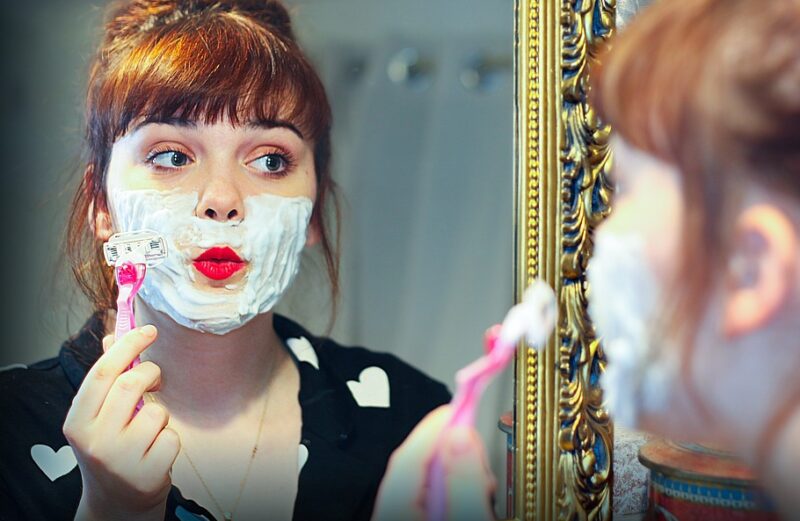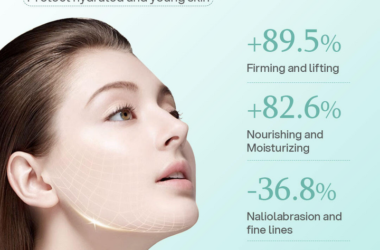Table of Contents
The Importance of Self-Care: Why Wellness Matters for Mental Health
As we focus on taking care of our skin, it’s essential to remember that wellness extends far beyond physical appearance. The impact of self-care on mental health is just as vital, if not more so, for our overall well-being. In today’s fast-paced world, it’s easy to get caught up in the hustle and bustle of daily life, neglecting our mental and emotional health in the process. However, taking a proactive approach to self-care can lead to significant improvements in mental health, ultimately making us more resilient and better equipped to face life’s challenges.
Mental Health in the Modern Age
The statistics are striking: 1 in 4 people will experience a mental health problem each year, and mental illness accounts for 15% of the global burden of disease. Despite this growing concern, many of us remain hesitant to discuss our mental health openly. This silence can perpetuate a cycle of stigma, preventing individuals from seeking help and perpetuating the problem. As our skincare blog is committed to promoting a culture of wellness and self-love, it’s essential we shine a spotlight on the vital importance of mental health support.
The Relationship Between Self-Care and Mental Health
The connection between self-care and mental health is a powerful one. Engaging in activities that promote relaxation and reduce stress, such as meditation, yoga, and creative pursuits, can have a profound impact on our mental wellbeing. By prioritizing self-care, we’re not only nourishing our bodies and minds but also creating space for self-reflection, connection, and growth. This holistic approach to wellness is essential for developing the resilience needed to navigate life’s uncertainties and challenges.
Mental Health Benefits of Self-Care
The mental health benefits of self-care are diverse and far-reaching. Regular practice can lead to:
Reduced stress and anxiety: Mindfulness-based activities and relaxing techniques can calm the mind, improving emotional regulation and reducing symptoms of anxiety.
Improved mood and reduced symptoms of depression: Self-care can boost self-esteem, provide social connections, and promote a sense of control, all of which can alleviate depression symptoms.
Enhanced cognitive function: Engaging in mental stimulation activities, such as learning a new skill or hobby, can promote neuroplasticity and delay age-related cognitive decline.
The Power of Skincare in the Context of Mental Health
As we delve deeper into the connection between self-care and mental health, it’s clear that skincare can play a significant role in this journey. The application of skincare products, the practice of facials, and the relaxation-induced by a gentle exfoliant can all contribute to a sense of tranquility and rejuvenation. This integration of physical and emotional care is precisely the kind of holistic approach we’re championing. By prioritizing skin health and beauty, we’re nurturing both body and mind, fostering a sense of unity and balance.
Making Wellness a Priority: Simple Steps for a Self-Caring Lifestyle
Navigating the complexities of modern life can be overwhelming, making it tempting to set wellness aside. However, integrating self-care into your daily routine need not be daunting. Here are some simple, achievable steps to get you started:
Schedule self-care time: Set aside 15 minutes a day for activities that bring you joy, relaxation, or connection.
Practice mindfulness: Take slow, deep breaths, and focus on the present moment, releasing worries about the past or future.
Cultivate gratitude: Reflect on three things you’re thankful for each day to foster a positive, resilient mindset.
Prioritize skin care: Incorporate a simple skincare routine, incorporating products and activities that promote relaxation and nourishment for both skin and soul.




